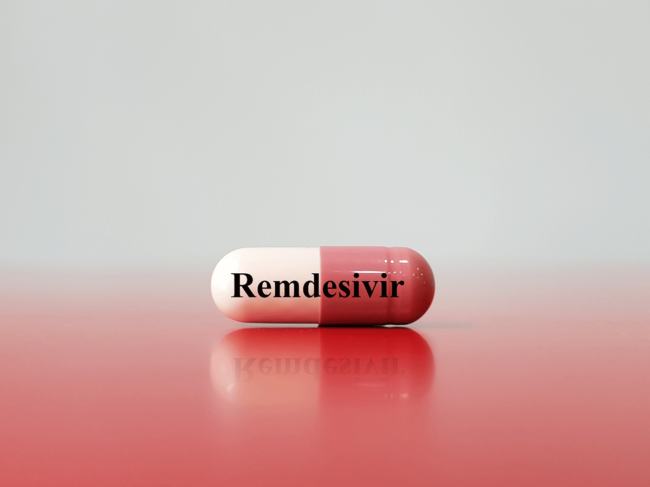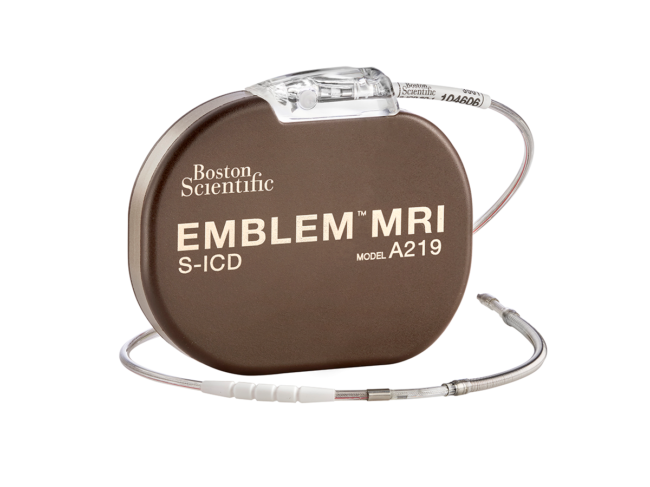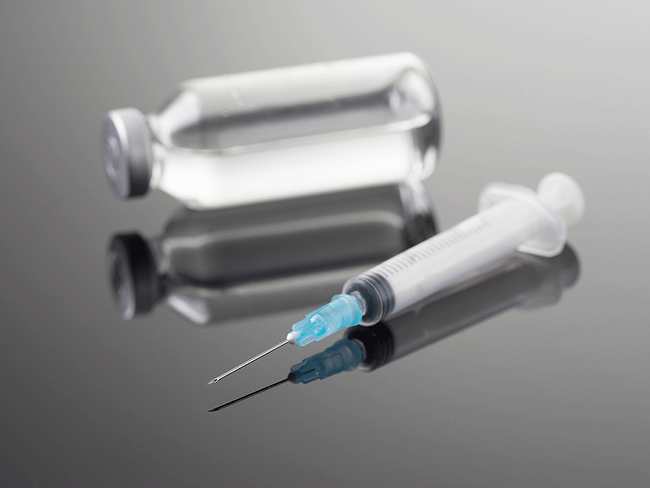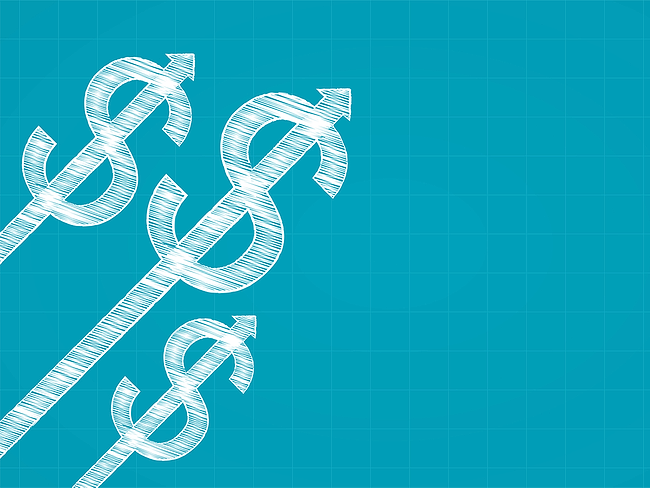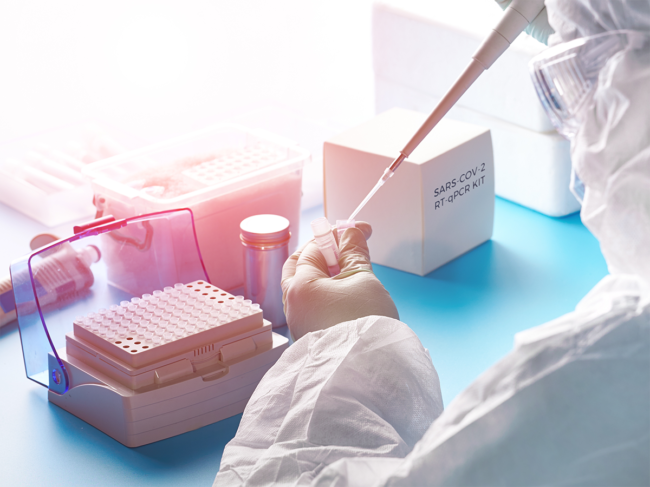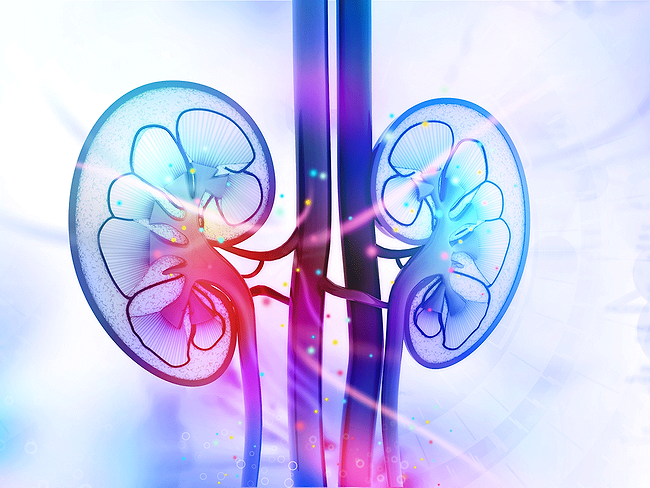
U.S.
HRS Scientific Sessions
Data bolsters case for Boston Scientific’s Emblem S-ICD and Watchman Flx devices
Read MoreDiagnosing the state of COVID-19 testing
Antibody testing for COVID-19 prepares for its closeup in bid to ease pandemic restrictions
Read MoreDiagnosing the state of COVID-19 testing
